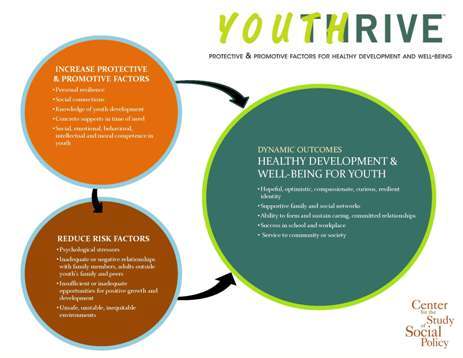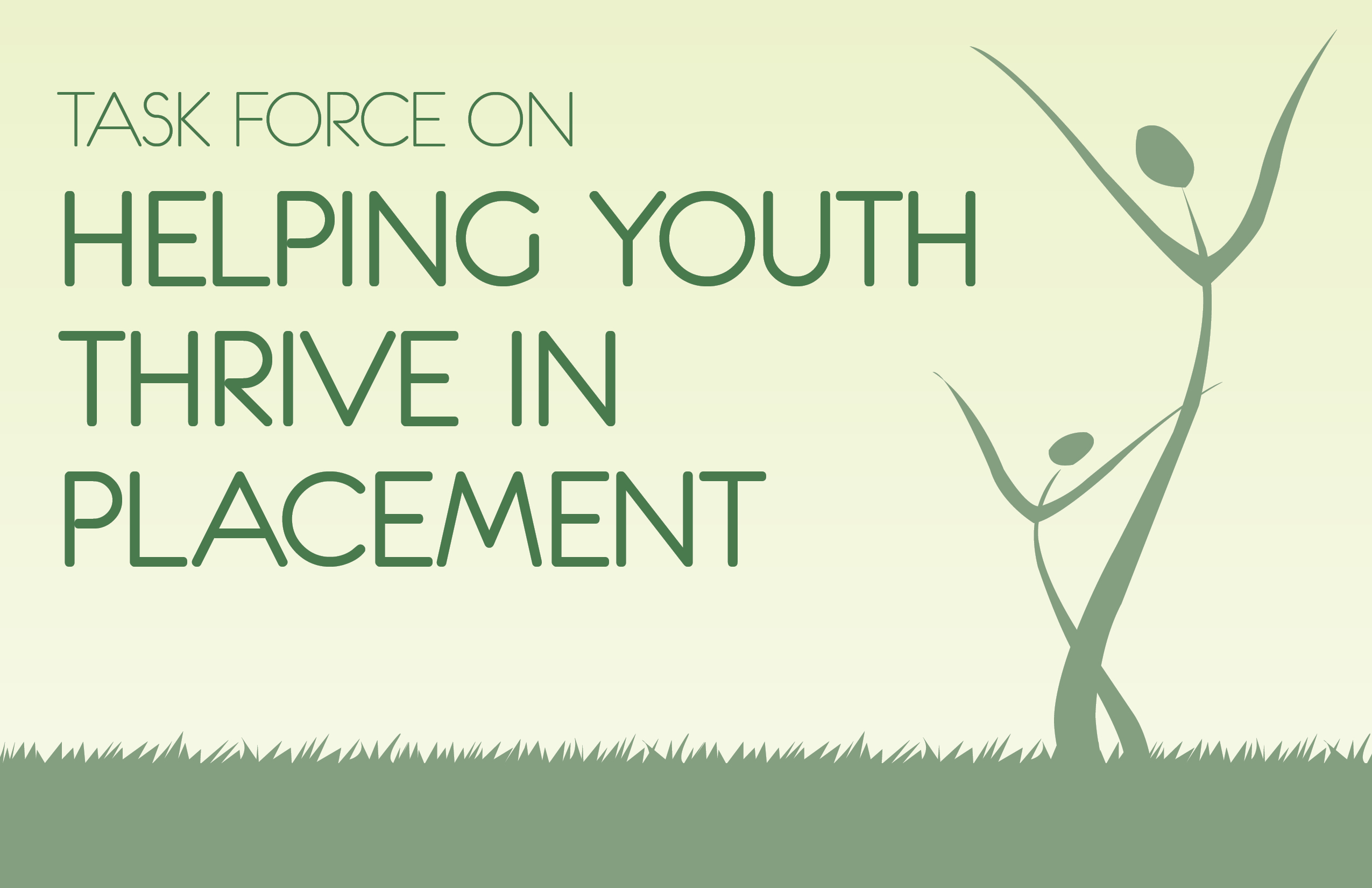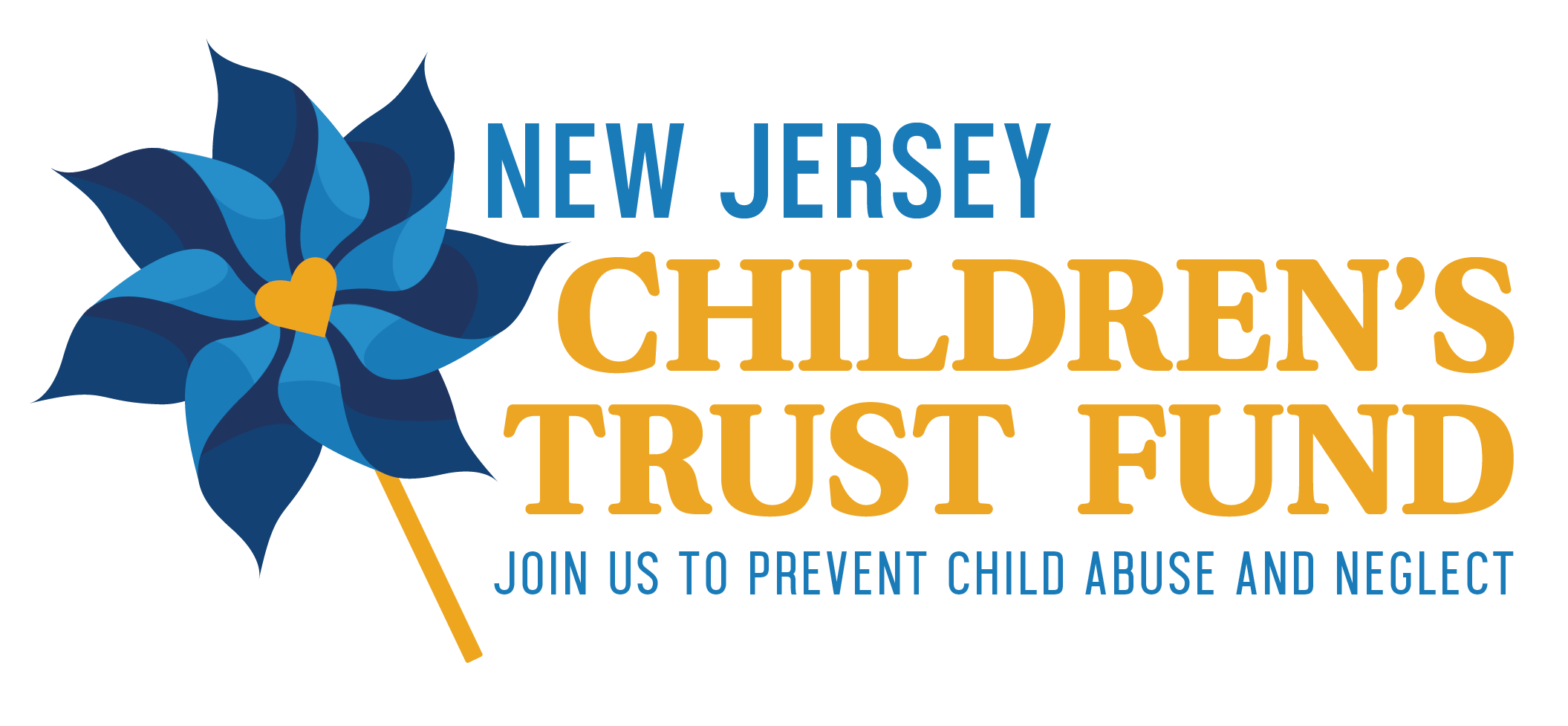DCF is committed to ensuring that children and youth, including those in out-of-home placement, remain connected to people important in their lives and fully participate in their schools, neighborhoods and communities. In essence, DCF wants children and youth to enjoy a normal childhood and adolescence regardless of their involvement in the child welfare system.
DCF has regulations in place so children and youth can enjoy contact with family and friends and recreation, education, and employment opportunities within their home community. DCF continues to review and strengthen its practice culture, regulations, and contracting process to help children and youth enjoy a normal and fulfilling childhood and adolescence.
| N.J.A.C. 10.128 | Manual of Requirements for Children's Group Homes |
| N.J.A.C. 10.127 | Manual of Requirement for Residential Child Care Facilities |
| N.J.A.C. 10.122C | Manual of Requirements for Resource Family Parents |
| N.J.A.C. 10.122B | Resource Care |
| N.J.A.C. 10.122D | Services for Children in Out-of-Home Placement |
 |
Youth Thrive Overview |
Healthy Development and Well-Being for Youth Presentation
By Charlyn Harper-Browne, Ph.D., this presentation offers members an introduction to the YouthThrive Initiative Framework.
Improving Foster Care Licensing Standards around the United States: Using Research Findings to Effect Change
By Generations United and the American Bar Association Center on Children and the Law, this comprehensive legal research of foster care licensing standards in all fifty states and the District of Columbia makes recommendations to improve the licensing of relative and non-relative foster parents.
The Teen Brain: Still Under Construction
This National Institute of Mental Health brochure describes changes in the brain that occur during the teen years and its significance.
The Adolescent Brain: New Research and Its Implications for Young People Transitioning From Foster CareThis report offers a profile of older youths and adults in foster care, identifies the unique needs of adolescents in foster care, and explains the latest science on adolescent brain development, and discusses the concept of emerging adulthood.







